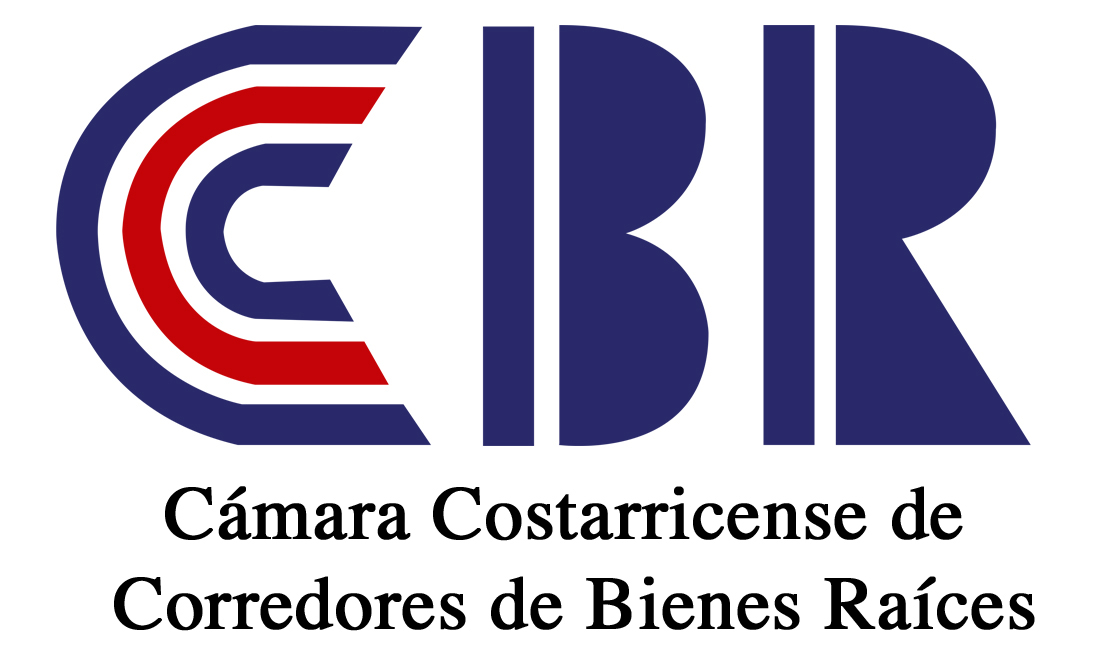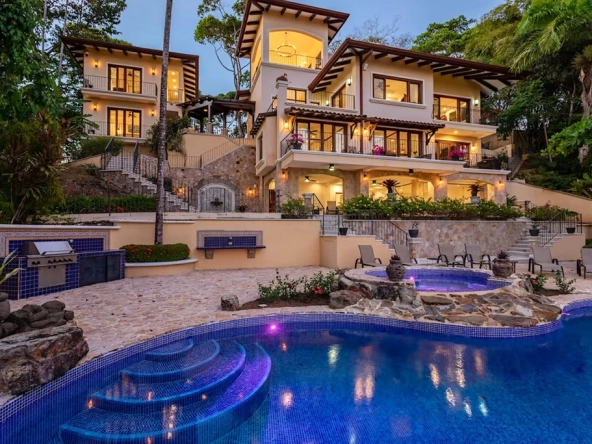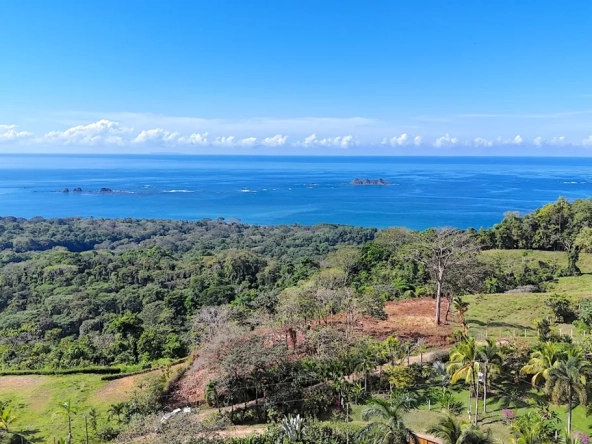Buying real estate in Costa Rica carries similar risk as anywhere else in the World, but there are processes and legal procedures in place to ensure a buyer’s safety. The following are steps you should take in order to eliminate any ambiguity in a real estate transaction.
- Use a professional and experienced realtor/broker that has lived and worked in the area for a few years in which they are selling real estate. Make sure your realtor/broker has residency or citizenship, has the right to work in Costa Rica, and are in the country to stay. Not just on extended vacation visa hoping to sell real estate in order to keep their vacation going.
- Anyone can sell real estate in Costa Rica without a license, so ask if they have at least completed the equivalent of the Real Estate Board’s course (Camara Costarricense de Corredores de Bienes Raices) and are affiliated with this national association. If there is ever a law requiring a license to sell real estate in Costa Rica, membership with the CCCBR would be the logical first step.
- Also use someone that speaks fluent Spanish; as you would not buy property in the U.S. with a realtor/broker that does not speak English.

- -Avoid pre-development mega projects that have yet to show real construction progress and rely on pre-selling to generate the capital to develop. There have been past real estate scams such as Paragon Properties Ponzi-scheme and more recently Hacienda Matapalo. Hundreds of millions worth of deposits were taken and residential lots and homes were never delivered as promised. Unless a developer can show they are financially capable of finishing a project or there are already finished homes and condominiums constructed, then be very cautious with pre-sale all inclusive type mega developments.
- Always use an established licensed and reputable attorney when purchasing real estate in Costa Rica. An attorney can do the proper due diligence to study the history of the property and its title to make sure there is nothing out of the ordinary, all property taxes are up to date, and no leans or loans are pending against the property.
- Use a registered escrow account your attorney recommends or Stewart Title and never send a deposit directly to a seller. Typically a deposit of around 10% is placed in escrow during due diligence, which is refundable if the property does not check out. Then the full amount of the sales price is sent to the escrow account prior to closing.
- Stewart Title and Chicago Title both operate in Costa Rica and you can use them for title insurance and provide even more peace of mind over your investment.
- Avoid “Concession” properties unless your attorney can ensure you of its safety. Concession properties are those directly on the beach in the Maritime Zone of Costa Rica and it is basically leasing the property from the government; as opposed to owning fee simple title outside of the Maritime Zone. There are many perfectly legal concessions, however, there are much more that are awaiting concession or are possession only properties and those are the ones to avoid completely. If someone says they almost have their concession then use extreme caution and better yet look for a different property.
The purchase process should be a fun and rewarding experience; after all you get to go on a tropical vacation to look for the right property. Just follow these steps, use caution, and enjoy! Please feel free to contact us with any questions you may have about the buying process in Costa Rica.






